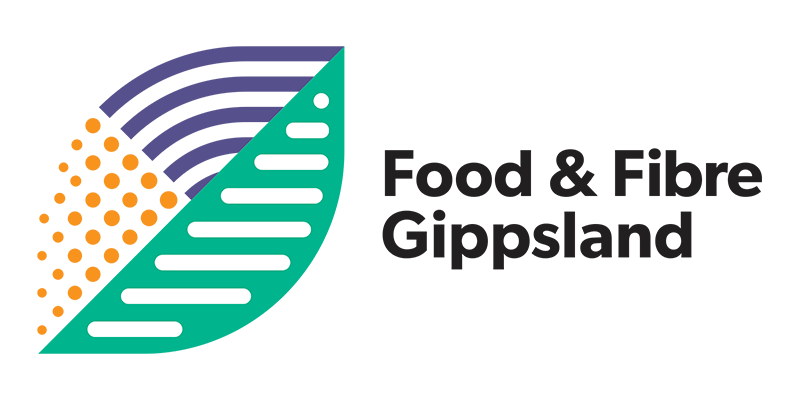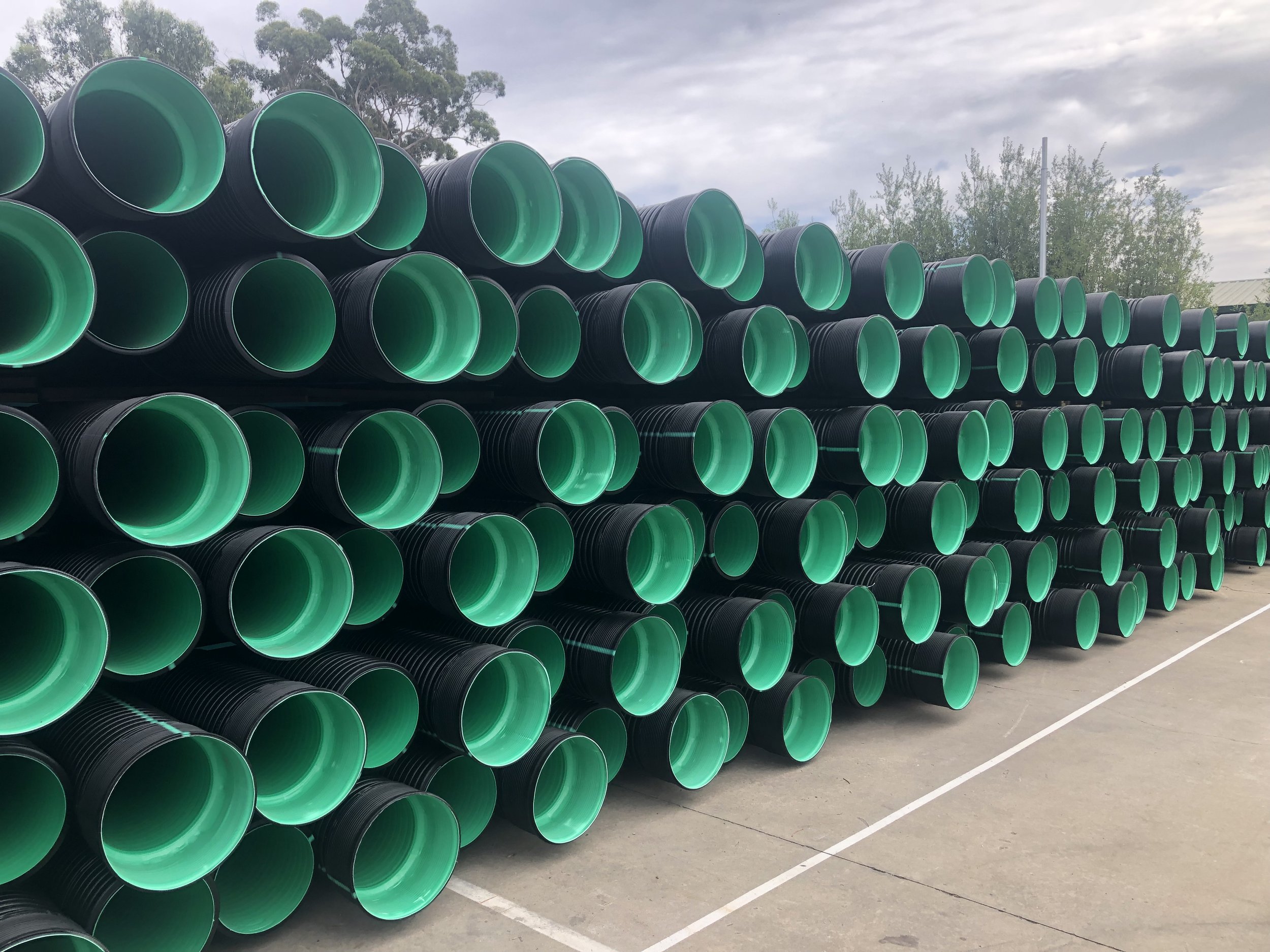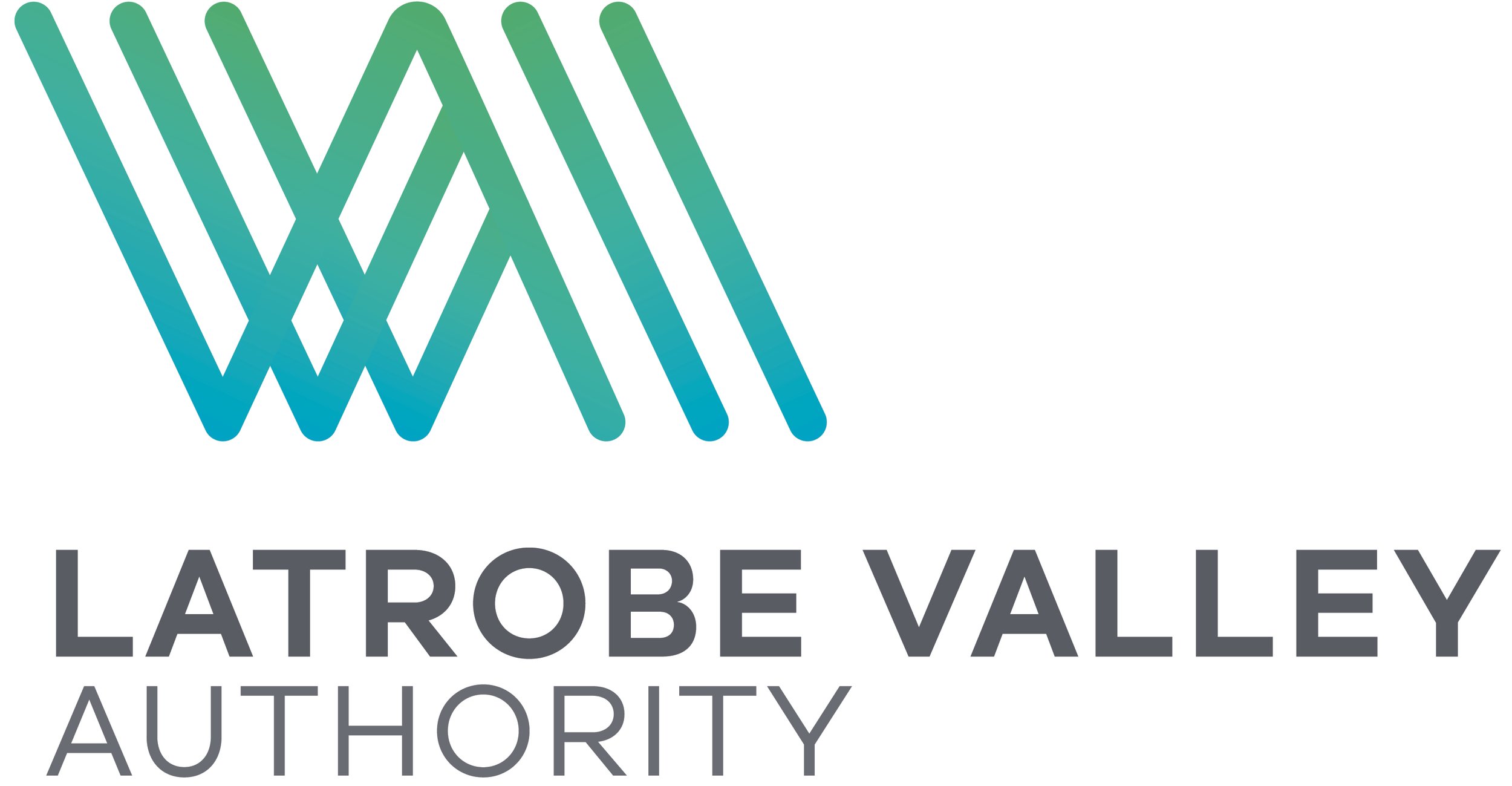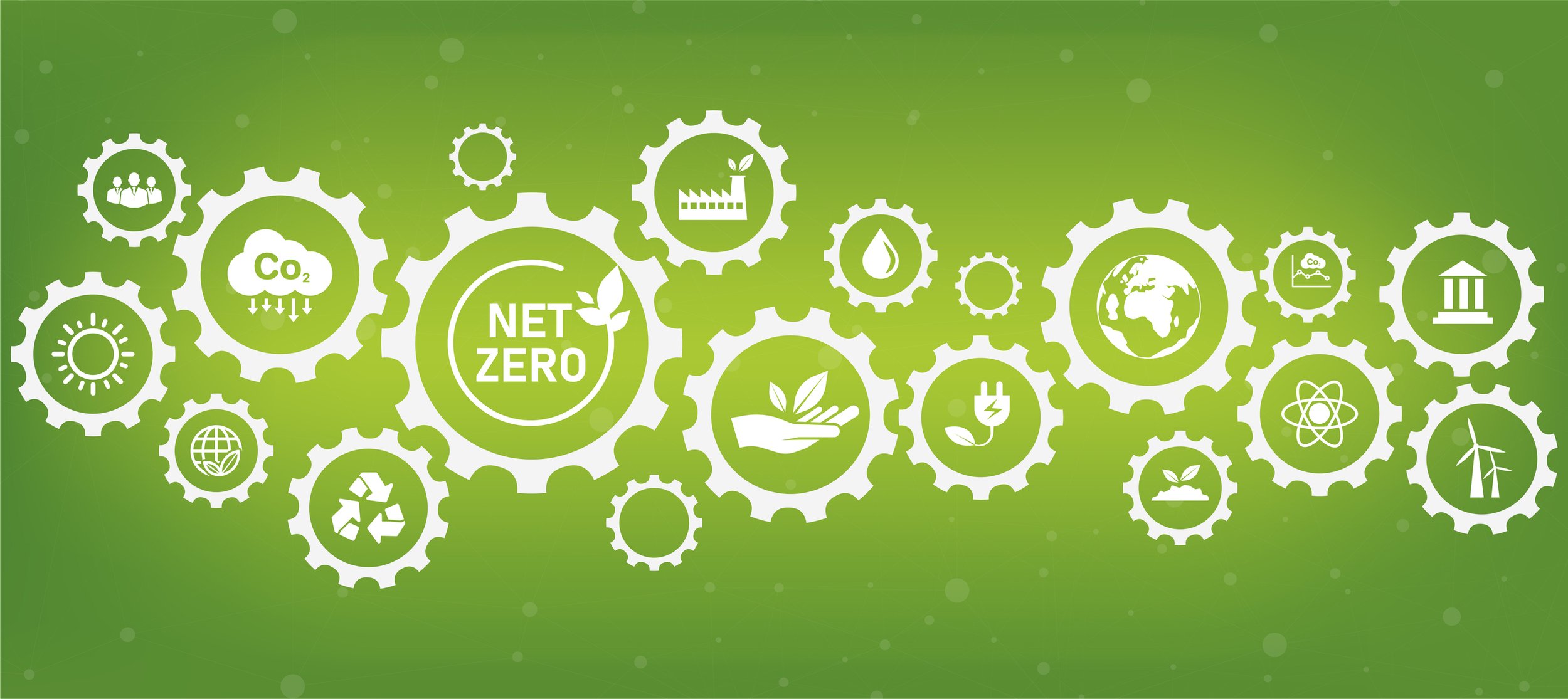
Gippsland Circular Economy Hub
With a mission to foster a sustainable and thriving regional economy, community and environment in Gippsland, the Gippsland Circular Economy Hub (CGEH) will bring together businesses, industry, community groups, government, research and education to collaborate on identifying and actioning circular economy projects and initiatives.
Source: Gippsland Circular Economy Plan https://www.vic.gov.au/gippsland-regional-circular-economy-plan
Circular economy hubs have recently emerged across Australia to facilitate connections and collaboration between relevant organisations to identify and scale-up circular initiatives. Already operating at a national, state, and regional level, the hubs exist within industry and localised organisational contexts. These hubs can be in a physical location or be virtual; both act to bring together partners to make a contribution towards solving problems and facilitating the development of circular solutions.
The virtual Gippsland Circular Economy Hub formed in 2024 to:
increase awareness and adoption of circular economy practices in Gippsland;
facilitate collaboration among organisations to develop and scale-up Gippsland circular initiatives;
support Gippsland industry and organisations in transitioning to circular business models and practices; and
promote research, innovation, and value-adding initiatives in the circular economy.
Why is the circular economy hub important?
Since the industrial revolution, our economic system has been based on extracting raw materials that are manufactured into products which are used, then discarded as waste. This approach over time has cumulatively led to degradation of the natural capital that helps drive growth. This linear ‘take-make-waste’ approach not only depletes natural resources, but also contributes to pollution and health risks. A circular economy responds to this by focusing on a way to using our resources more sustainably. It works by following three principles:
Circulate products and materials through the economy and do this for as long as possible and at their highest possible value
Eliminate waste and pollution
Regenerate our natural capital such as our soils, water, air, and biodiversity.
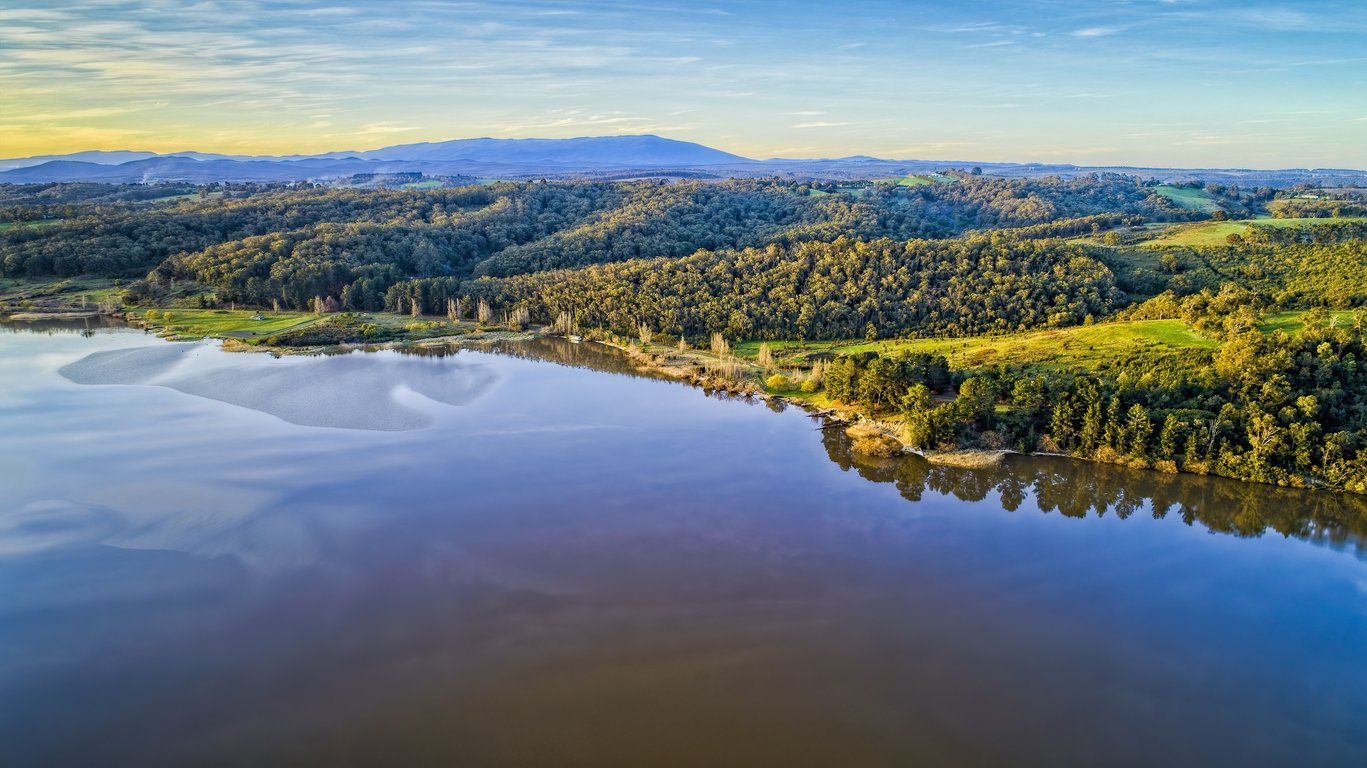
“Underpinned by a transition to renewable energy and materials, the circular economy is a resilient system that is good for business, people, and the environment.”
— Ellen MacArthur Foundation
Gippsland's opportunity in the circular economy
Gippsland, with its rich natural resources and growing population, is a region in economic transition. The new generation of renewable energy, transmission and storage will be one part of Gippsland’s clean economy future - the other being the circular economy.
In 2024, CSIRO identified five industries with the most potential and competitive advantage to advance a circular economy in Australia: mining, construction, manufacturing, agriculture, and resource recovery. This is due to the amounts of raw materials or products that can be reused or recycled, as well as the potential for reducing negative environmental impacts. The good news is that Gippsland has natural alignment with these areas already, and has a number of circular economy initiatives well underway and in development.
Agriculture has exciting prospects in:
transforming by-products into valuable new food, fibre and feed
using by-products in fermentation process to produce new valuable products
processing agri-food waste into valuable biomass for new uses
cycling biomass products into soils to improve productivity
Partnership and implementation
The GCEH initiative is a collaborative effort involving leading academic institutions, government agencies, local councils, businesses, and community organisations. By leveraging their expertise and resources, the GCEH aims to drive sustainable economic development in Gippsland.
Above: Alan from Plasgain, Chris and Gab from Sailors Grave Brewing, Kate from Sustainability Victoria and Luke and Nick from Latrobe Valley Authority
Call to action
The success of the GCEH depends on the support of key stakeholders, including local councils, businesses, and community members. By investing time and effort in the GCEH, stakeholders can contribute to the region's economic prosperity and environmental sustainability.
Previous activity in Gippsland circular economy supported by GCEH include:
More information
Above: Stormwater drainage product manufactured in Drouin by Plasgain using 100% recycled polypropylene plastic (supplied: Latrobe Valley Authority)
Conclusion
The GCEH represents a unique opportunity for Gippsland to lead the transition towards a more sustainable and prosperous future. By embracing the principles of the Circular Economy, we can create a thriving regional economy, preserve our natural resources, and improve quality of life for all residents. Join us in building a better tomorrow through circular innovation and collaboration.
Engage with the Gippsland Circular Economy Hub via LinkedIn, or register to receive news via your inbox.
